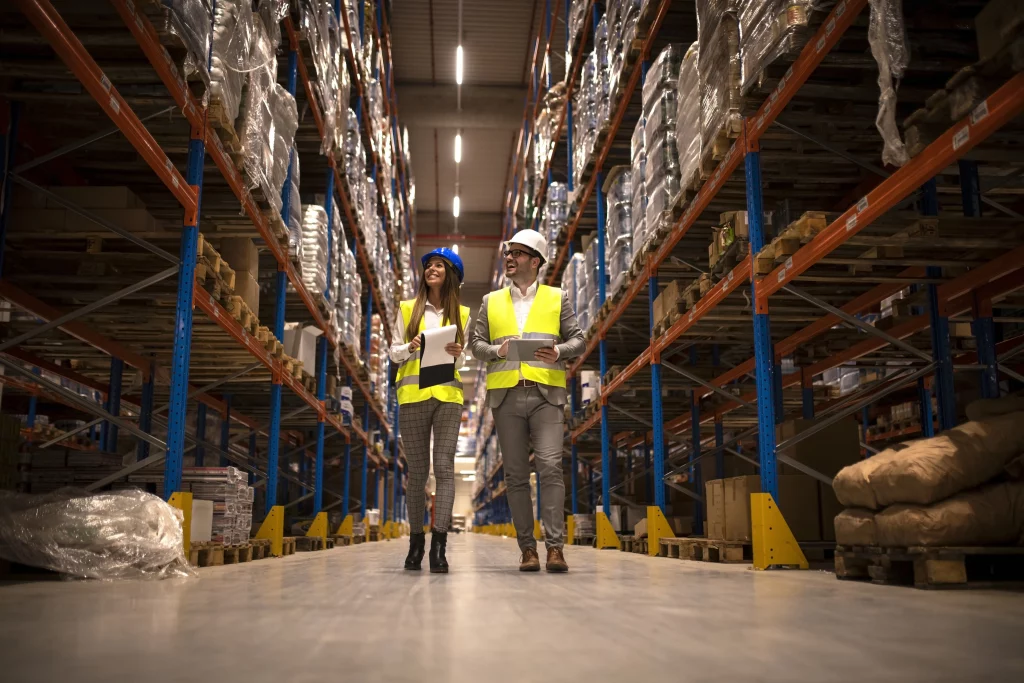China Supplier Verification Audit
How to catch trading companies and middle man
Most importers prefer to work with factories instead of placing their orders with a trading company or middleman. However, almost all Chinese suppliers claim that they are factories, including Alibaba suppliers, although, in reality, they are commercial companies or worse; they are scammers. You will find many articles and guidelines that teach importers how to conduct a supplier verification, but most of the solutions they suggested did not solve their problem in reality.
In this article, we will offer you the correct ways to find out what or who your provider really is and ways to verify if your supplier is a factory
1. Verify the business license
The most important part is to look for the company business scope (经营 范围) when verifying the commercial license of the supplier. This is the easiest and most direct way that your provider can not fake. The scope of a factory’s business must include one of these Chinese characters (生产, 加工, 制造), the meaning in English is (manufacture or producer), the trading company won’t have such words.
If you aren’t confident to do this by yourself, you can always send the supplier’s business license to a trusted friend who can speak Chinese well to conduct the supplier verification, or you can find an independent professional for the translation.
Please refer to the below example for more information:

2. Check the supplier’s MOQ
The minimum order quantity of the factory is typically higher than a trader, and it is almost common sense in the trade. So, you can verify your suppliers by asking them to sell you products of lesser quantity.
For example, if you are looking for a supplier to buy 10,000 ceramic plates; you can ask the supplier that you are buying only 250 pieces to test, and you will make a large order in the future if the quality is good. If it is a factory, the expected reply is no since its MOQ will not be less than 1,000 pcs. But a trading company can accept small orders. Therefore, the MOQ is considered one of the main elements when conducting supplier verification.
3. Check the (VAT) on your supplier’s invoice during the supplier verification audit.
The Chinese government offers a refund for many types of exports to stimulate manufacturing and export activity. But in order to do this, a VAT invoice is required, which can only be issued by a factory.
Request from your factory contact to issue an invoice with 17% VAT. If the supplier refuses or hesitates, it is likely to be a commercial enterprise or a scammer.
But if they accept to issue the invoice with VAT, you can request a high-resolution scan of the VAT invoice, then verify that the company name in Chinese matches with the company name on the supplier’s business license.
4. Conduct a supplier verification audit
If the supplier informs you that they had already exported to famous clients in US or EU markets, then you can ask them to provide a factory Audit report i.e. ISO 9000, BSCI, SA 8000…etc.
For factories that say that they don’t have such a report, you can book a China factory inspection to ensure that you are working with the right partner.
Tetra Inspection auditors will visit your vendor’s site to ensure that the factory exists and has the legal documents to export the goods.
5. Supplier expertise is a key element in supplier verification audit
Factories in China are usually specialized in one product category; if there are many types of products in the catalogue of your supplier, then it is more likely that it is a trading company.
For example, a factory that produces high-end leather handbags will less likely make school backpacks or promotional pouches.
If you see a variety of products in the supplier’s catalogue or in his showroom, then, there is a high chance that your supplier is actually a trading company or a factory that will subcontract your order to another factory.

6. Means of payment and shipping
Scammers will never accept Letters of Credit. Although this might not be your standard payment method, it is always worth checking with your supplier if they accept a Letter of credit.
Most scammers will reject the proposal even if you increase the price by 5% to cover the bank charges involved in opening an LC. If such a thing happens, there is a high chance that you are dealing with a scammer who will disappear after receiving the 30% deposit.
Verify that the beneficiary name is the same as the business license, any payment to a personal account or Western Union should be rejected. Actually, it’s very suspicious that a factory or even a trading company would ask you to make payment to their personal account instead of a company account.
7. Supplier’s location in China
All the products have their own industrial zones in China, and let’s take the Electronic products as an example. Most electronic products are produced mainly in Guangdong province, especially in Shenzhen.
Because this city has the complete supply chain for all electronic components, such as the PCB, the screens, wires…etc. The factory only needs to design the carcass and packaging, and then assemble all the pieces together. Producing electronic products in other cities will be more complicated and more expensive than in Shenzhen or other Guangdong cities, so the factories are not likely to be located elsewhere.
You also need to verify the actual location of a factory using a google map or Baidu map, factories are mostly located in specific industrial zones in the outskirt of cities, however, if the supplier address is located in the city center or main street of a big city like Guangzhou, Shanghai or Shenzhen, then it’s most likely a trading company, not a factory.
Characteristics of a supplier that intends to cheat
Prices Cheaper Than Normal:
The most common. It is possible that you have already compared prices from many suppliers in your sector, and have an average price. If any supplier offers you prices that are below 20% -30% of this average, you suspect.
Deepen the supplier’s research, following the steps we have defined in this article. Value your professionalism and keep in mind some of the key factors that define a good Chinese supplier.’
Some suppliers know the procedures followed by importers who have no experience. They take advantage of it for their profit, with pre-established tools and procedures.
Conclusion:
There are many ways to verify a Chinese supplier. But there is one that really works very well. This is to visit your supplier, directly in China.
If your goal is to start in China with small businesses, or you simply there is no budget to conduct a business trip to China, we highly recommend you to hire a 3rd party inspection company, to arrange the due diligence followed by a pre-shipment inspection using the approved pre shipment inspection companies in china.


